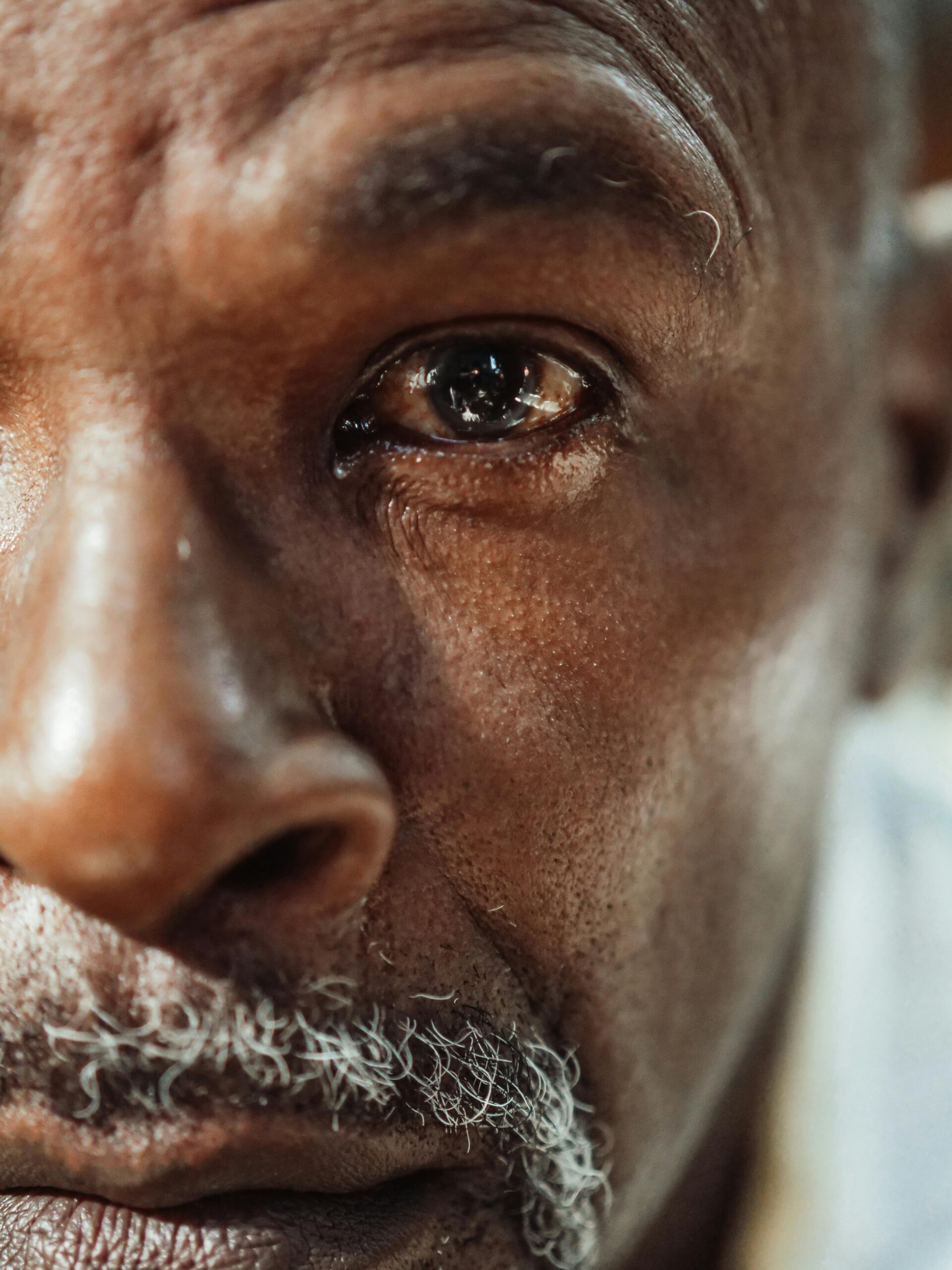Let’s be honest; no one likes to grieve. We treated it like a disease, almost like the word itself could cause leprosy. Grieving is a painful expression of loss. There is no solution to grief, so most Americans deny it or run from it. Grief (and death) cannot be controlled, no matter how hard we try. When grief does attack us, we tend to hide. We may hide in denial, in entertainment, or in an artificial world made of pixels, one filled with Nazi zombies that just need to be killed. I’ve never heard of a “Grief Video Game,” where the player is forced to spend long hours in isolation cry while living in uninterrupted silence. And I doubt a game like that would sell. The video game industry was created to help people avoid terrible experiences, not to experience them, as evidenced by the poorly selling streaming games; “Virtual Kidney Stones,” and “Pixel Constipation.”

Most of the people I know come to me with slight trepidation, knowing Deb died. I understand this. They respect my pain. However, I’m concerned these good people no longer see me as “Andy,” but as “Andy, the guy whose wife died.” It’s just that I’m not sure that’s who I am. I don’t think people should be defined by what they don’t have.
And when they do talk with me, they apologize for their “small problem,” which pales in comparison to losing a spouse. But this isn’t a contest. My grief isn’t more terrible than your grief. I have buddies apologizing for “only being unemployed for a year,” or “having an adult daughter struggling with suicidal ideations.” It’s like they see me in more pain than theirs, but I’m not sure that’s true. Isn’t all pain painful? It’s like somehow my pain is superior to their pain. I think that’s just silly. There is no competition here, so I don’t think we need to compare our pain.
So now, I ask friends not to compare my pain with theirs. I want to hear their hearts, pray with them, and join them in their struggles. After all, isn’t that what community is? Isn’t that Christ’s idea of the church?
Suffering
The words grief, emotional pain, distress, and distress can be lumped together in the same universal category that spans the whole world, including parts of the Upper Peninsula, into the word “suffering.” I think we all suffer at some level. Sometimes, our suffering is, “The dishwasher is leaving spots on the glasses,” while at other times, our suffering is far greater, as in, “What, I missed the Lions game? What do you mean they played on Thursday night?”
Suffering is a common denominator for humanity. If one part of the body suffers, the whole body suffers. For instance, if you just raked 48 bags of leaves at your sister’s house, I’m sure your entire body suffers.
But is it fair to compare pain? Do I have the right to say to the guy who lost his job, “That’s nothing; my wife died in October, so you should bow your head in shame and back away in humility.” That would be just terrible. Funny but still awful. That’s the opposite of I Corinthians 12.
“If one part suffers, every part suffers with it; if one part is honored, every part rejoices with it. Now you are the body of Christ, and each one of you is a part of it.” I Corinthians 12:26, 27 (NIV)
Please don’t turn pain into a game of comparison, like the “one-upmanship game” we used to play in second grade, “Yeah, well, my dad can belch louder than your dad.” Let’s work at loving each other, not someone struggling more than the next (unless, of course, your dad actually can blech louder than my dad, at which point I’d kind of like to hear that). We are all one body; we belong to one another.
You are suffering if your boss yells at you because she’s trying to get you to quit your job. If your wife refuses to talk to you because of something she has already told you, you can’t remember what it was, and now you are experiencing “the silent treatment,” that’s suffering. If your cat dies… well, that’s OK because there are a lot of cats out there. Actually, your cat’s death might be a blessing because now you have a little extra time to rethink your priorities and evaluate why you would ever get a cat in the first place.
The comparison game makes us all losers.
The problem is, we do it all the time—and we do it to ourselves. We are nervous about the depth of grief associated with losing a husband or wife, so we proceed cautiously. I understand that. But no apology is necessary. Just share your heart. That’s honoring to me.
An Idea
Here’s an idea: let’s not compare our pain to what we think others are suffering. Let’s allow one another space to accept and care for one another. And let’s share our struggles together.
Besides, how could anyone compare their suffering to another person’s? Can I buy a pain-measuring device to tell me the standard pain measurements?
“Yeah Jack, thanks for asking, I’m a 2.34 right now. What are you?”
“Dude, I’m up to a 7.29…so you’d better give me some extra pity.”
“Wow, that’s terrible.” Looking down, “I think my devise needs new batteries.”
We are all broken, and we all want the same thing: love. I don’t think we understand the power of simply listening to a friend and giving them your undivided attention. Offering our attention is in itself a gift. It’s an act of love. The comparison seems to interrupt this delicate process.
Share your heart with me, and I’ll share my heart with you. This is how we can love one another. I am drawn to you when you share your heart and you hear my heart. I think this is the love Paul was talking about in I Corinthians.
